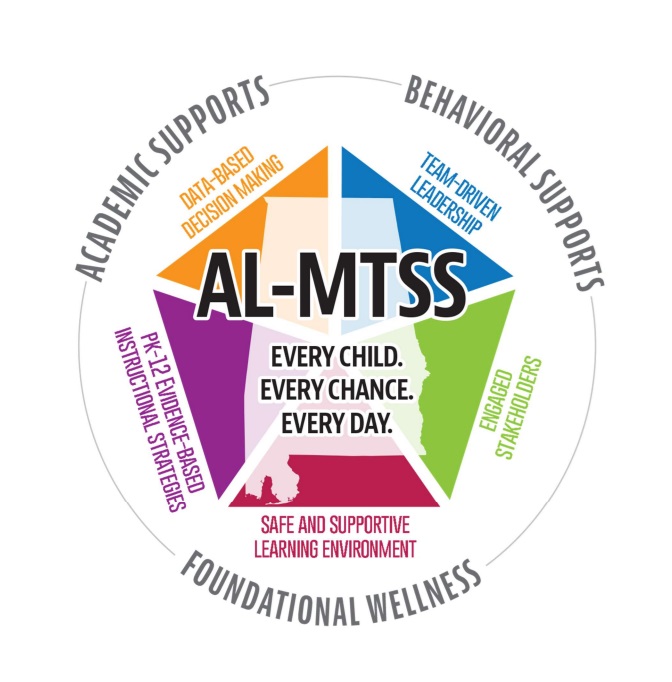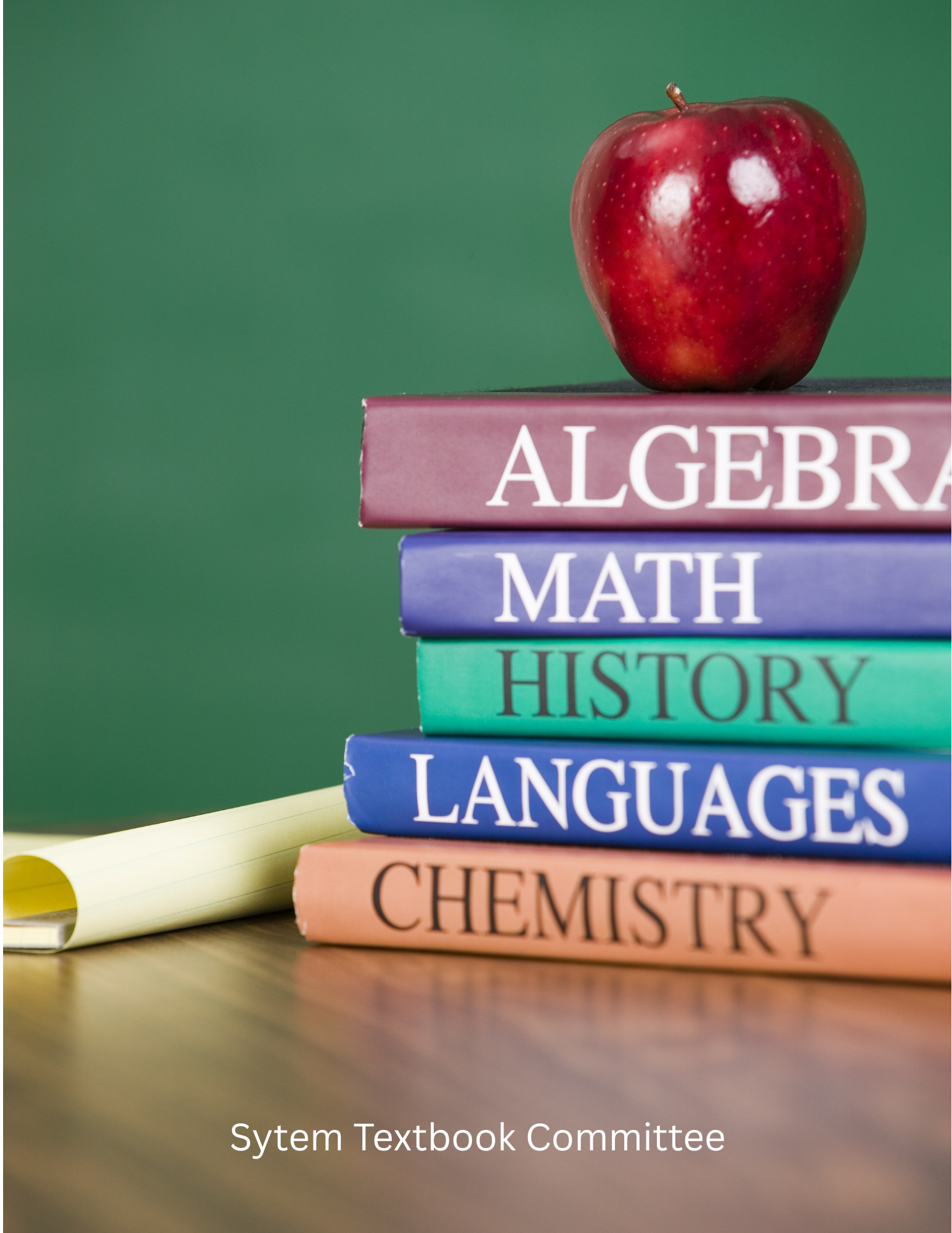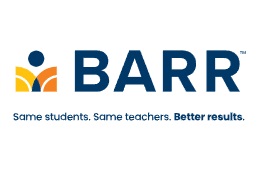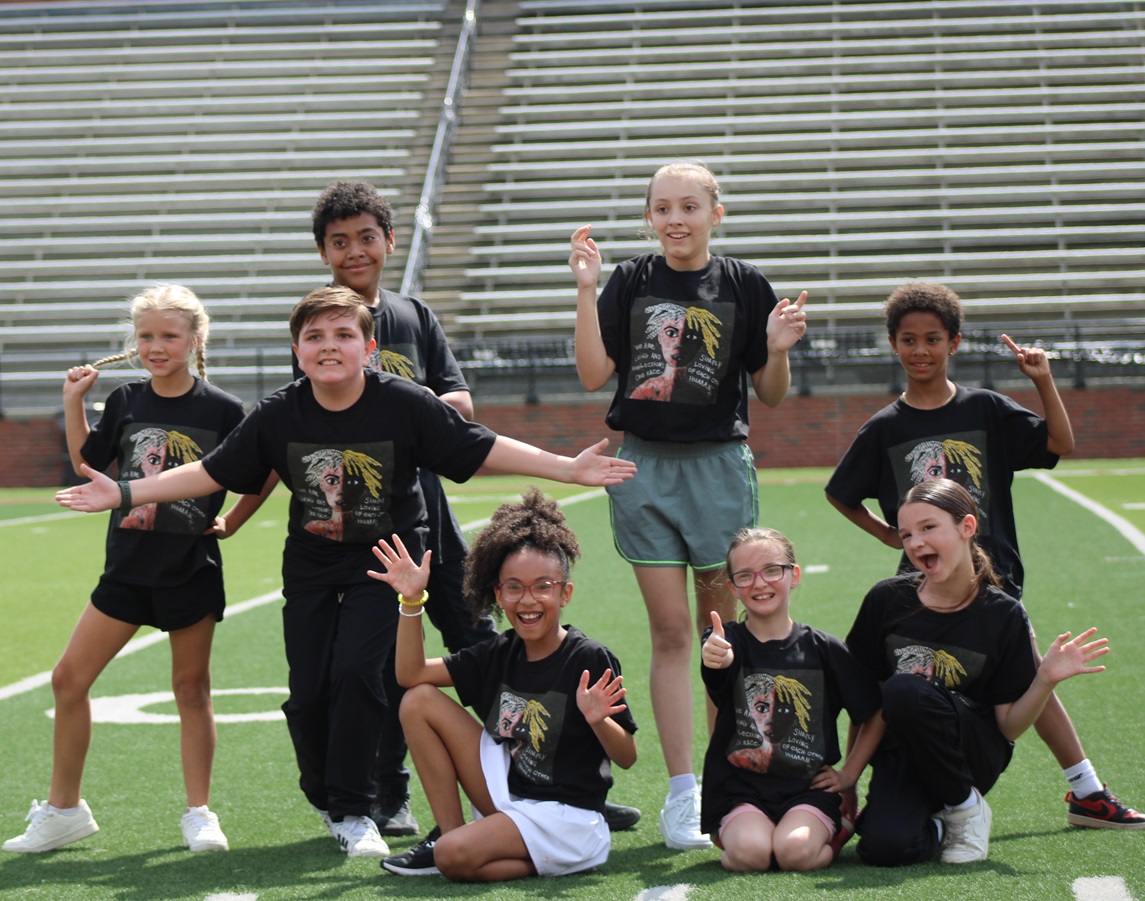Instructional Support
Instructional Support Programs & Services
Parent, Partners & Pike County Schools (P3) Academy
In fall 2023, Pike County Schools welcomed its first P3 Cohort. P3 Academy is a program designed to bring families, schools, and the community together to strengthen student success. Participants get a “behind the scenes” look at the many facets of the day-to-day processes that are part of the school system operations, including school finance and budgeting. Additionally, participants are exposed to school law, legislative processes, and business/industry partners. When schools, parents, families, and communities work together, students earn higher grades, attend school more regularly, stay in school, are more motivated, and graduate on schedule.

Parent Expo
Pike County Schools views parent and family engagement as essential to the success of students because it fosters a supportive learning environment that extends beyond the classroom. Engaged families are more likely to reinforce academic expectations, provide additional support at home, and collaborate with teachers to address students' needs. By actively involving parents and guardians, Pike County Schools ensures that educational goals are aligned with family values and expectations, creating a more cohesive approach to student development. This partnership enhances communication, builds trust, and contributes to higher student achievement and well-being. We invite and welcome all parents and guardians to partner with us through active involvement at your child’s school. We also host our Parent Expo each year in October.
Multi-Tiered Systems of Support (MTSS)
Pike County Schools uses Multi-tiered Systems of Support (MTSS), a systematic framework designed to connect academics, foundational (physical, mental health, and wellness), and behavioral needs to support the whole child through a tiered infrastructure. Tier one provides universal support with research-based high-quality instruction and provides prevention and early intervention in all settings. Students are prepared for college or careers. Behaviorally, students have opportunities to build self-confidence, skills, and mechanisms to self-regulate. The climate and culture of facilities promote and support healthy lifestyles and physical and mental wellness. Tier two is targeted group interventions for some students that include rapid response and frequent progress monitoring. Students move in and out of this tier based on the attainment of grade-level objectives. Tier three is intensive interventions for individual students based on diagnostic assessments given through high-quality, intensive, research-based materials and personnel.
The Positive Support Team (PST) consists of stakeholders who collaborate monthly using data to review at-risk students and develop RTI, behavioral, and foundational plans. Response to Intervention (RTI) is an instructional framework combining core instruction, assessments, and intervention to increase achievement and reduce behavior problems. Weekly grade-level meetings check for progress or adjustment of instruction based on data.


Who selects books for classes?
The System Textbook Committee follows state and local board guidelines for selection, issuance, and disposal of textbooks.
Prior to state-adopted textbooks being furnished to students, the system textbook coordinator chairs the System Textbook Committee, consisting of administrators, teachers, and parents representing their school, to evaluate and recommend for Board approval of all student textbooks used in the school system.
Building Assets, Reducing Risks Program (BARR)
The Building Assets, Reducing Risks (BARR) program is an innovative educational strategy designed to improve student outcomes by focusing on building relationships and addressing the social and emotional needs of students. The BARR program integrates the Developmental Assets framework and focuses on risk and protective factors to create a supportive educational environment. It was developed by Angela Jerabek in 1999 and has shown significant success in transforming high schools, particularly in reducing failure rates among students.
Key Components of the BARR Model:
Strengths-Based Approach: BARR emphasizes understanding and building on students' strengths while addressing their academic, social, and emotional needs.
Relationship Building: The program fosters meaningful relationships between educators and students, which is crucial for student engagement and success.
Data Utilization: BARR uses real-time data to monitor student progress and identify those at risk, allowing for timely interventions.
Professional Development: Educators receive ongoing training and support to effectively implement the BARR strategies in their classrooms.
Community Engagement: The program encourages collaboration with families and the community to support student learning and well-being.
All schools in Pike County participate in the BARR program.

Extra-Curricular:
Pike County Schools offers a wide range of extracurricular activities, including both Varsity and Junior Varsity teams for boys and girls. Students can participate in sports such as football, volleyball, cheerleading, basketball, softball, baseball, soccer, swimming, cross country, and track & field. These opportunities allow students to excel beyond the classroom and showcase their talents in athletics and teamwork.
Co-Curricular:
Pike County Schools offers a diverse array of co-curricular activities designed to enrich student learning and engagement. Both high schools feature marching and concert band programs, while each elementary school provides a beginner band program to build foundational music skills.
As part of our STEM initiative, elementary schools host monthly Family STEM competitions, encouraging students and parents to collaborate on hands-on projects that are later showcased at the school. Several schools also participate in robotics and drone competitions, further expanding STEM learning opportunities.
Math teams are active at both the elementary and high school levels, promoting problem-solving and critical thinking. Recognizing the artistic talents of our students, particularly in dance, Pike County Schools has partnered with the Patty Rutledge School of Dance to enhance dance instruction and technique at the elementary level.
These co-curricular programs allow students to thrive in diverse areas of interest, offering experiences and exposure that extend well beyond the traditional classroom.
Clubs and Organizations:
Each Pike County school offers a variety of clubs and organizations, including Student Government Association (SGA), Beta Club, National Honor Society, Yearbook, Archery Team, and Peer Helpers. These groups are designed to foster leadership, responsibility, and a strong sense of commitment among students.
Wiregrass JROTC STEM Leadership Camp
The Pike County School System is honored to be the first grantee selected to implement the Mobile County Public School System JROTC STEM Leadership Academy Model. This model creates a 6-day/5-night immersive STEM experience that centers around an area of STEM (such as aerospace, advanced manufacturing, or maritime) and gives JROTC cadets industry-specific missions to complete while introducing them to area-specific local business and industry partners, institutions of higher learning, and completing Joint Cadet Leadership Challenge (JCLC) requirements set forth by U.S. Cadet Command. This nation-wide expansion, to ten schools across the “Lower 48”, was made possible by a $6,000,000 award from the Department of Defense (DOD) STEM budget to the Mobile County Public School System. Since the summer of 2023, Pike County Schools has hosted the Wiregrass JROTC STEM Leadership Academy at Troy University, showcasing all that Pike County and the Wiregrass have to offer in the areas of Advanced Manufacturing and Aerospace careers and education to over 200 students from Huntsville, AL, to Vernon, FL.
_1758227729.png)

 Additional settings for Safari Browser.
Additional settings for Safari Browser.




